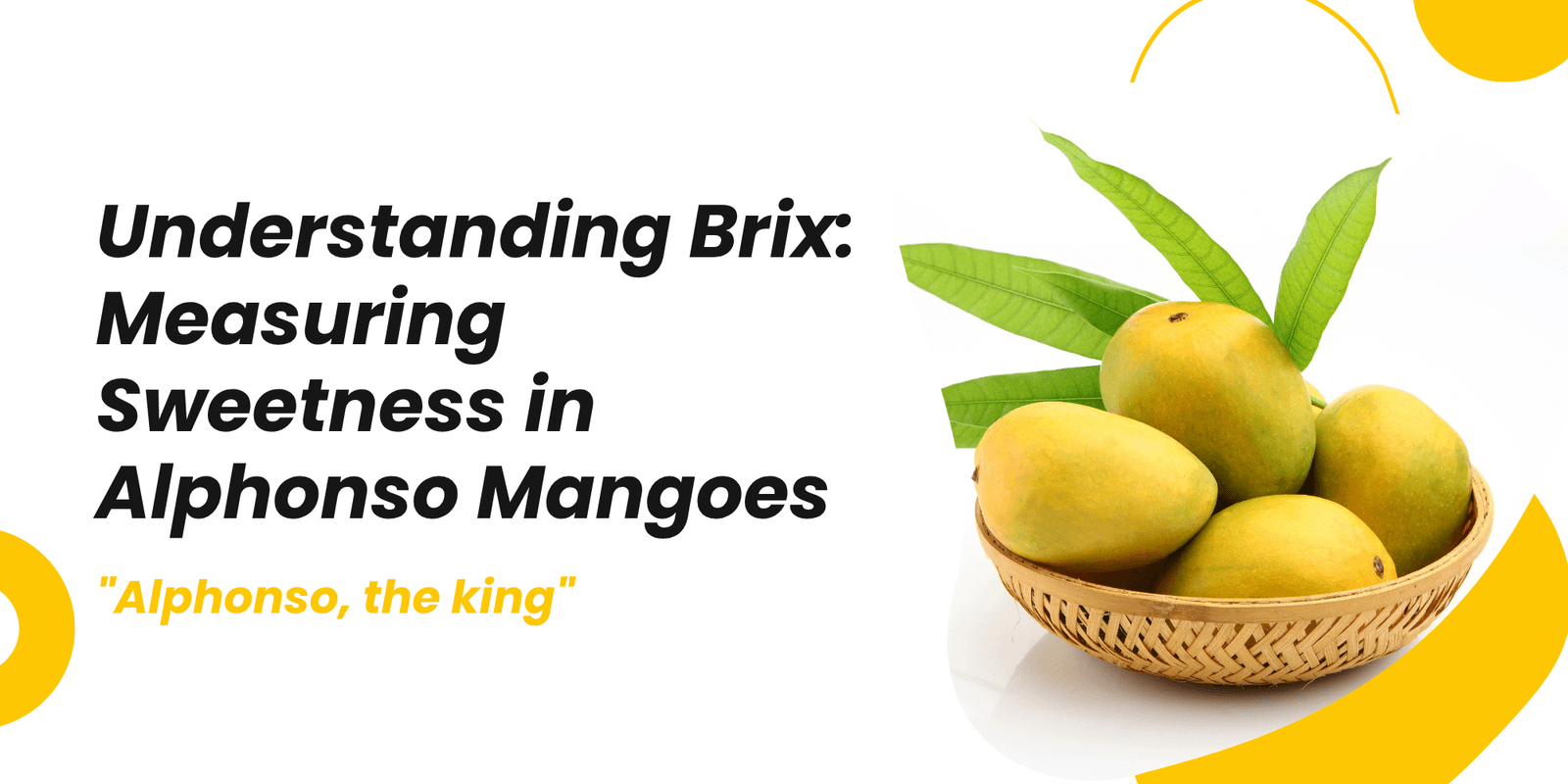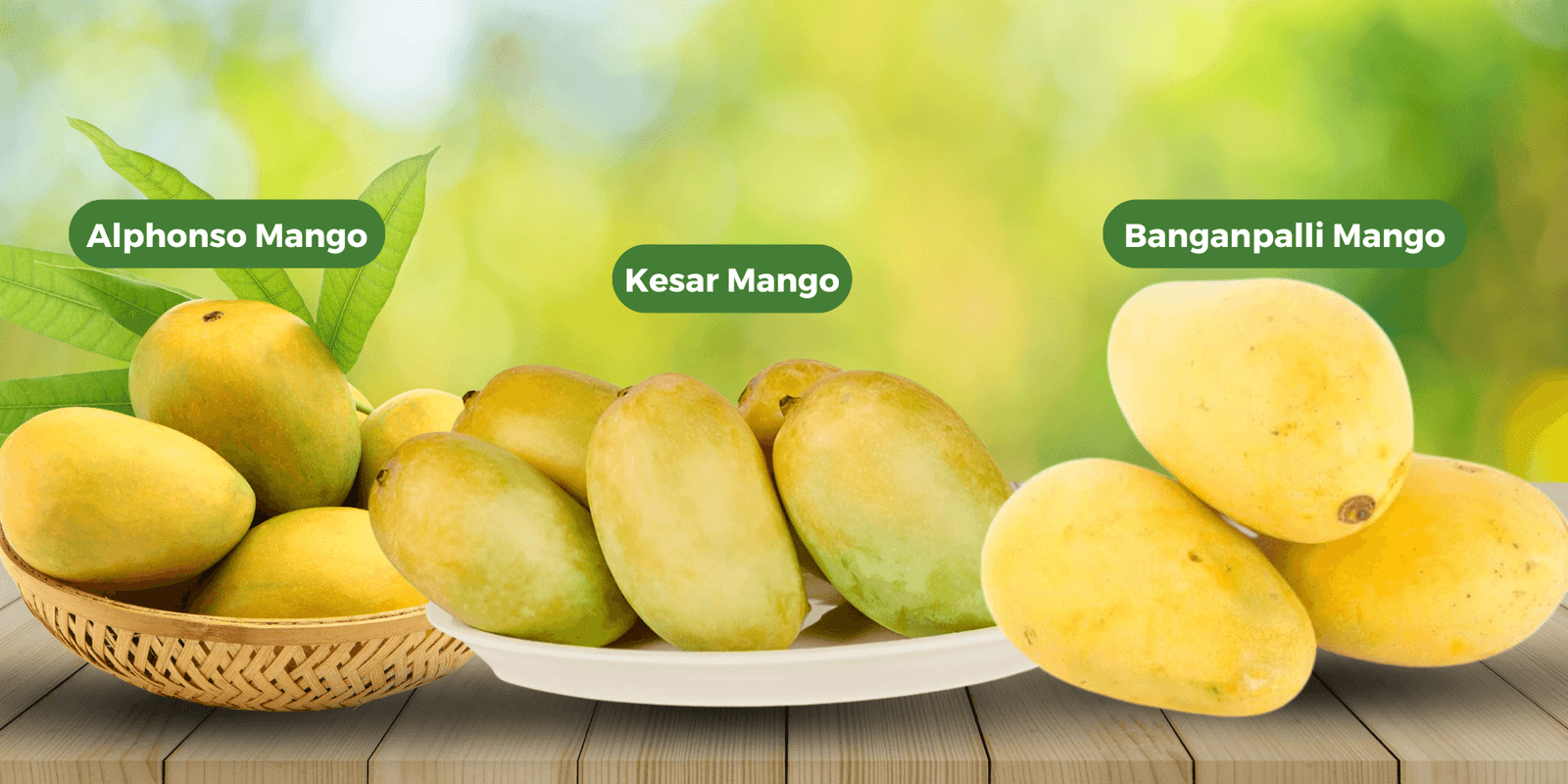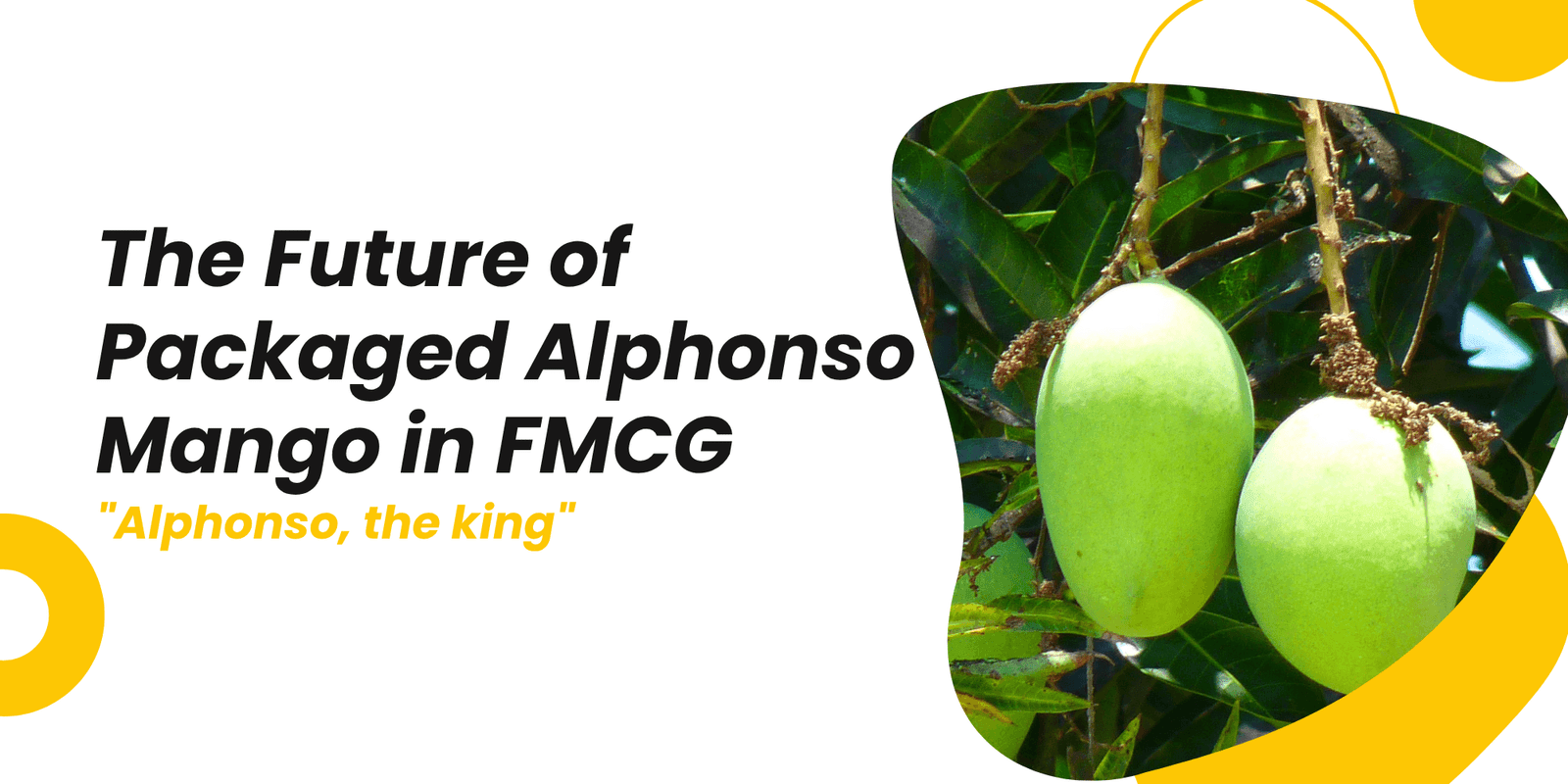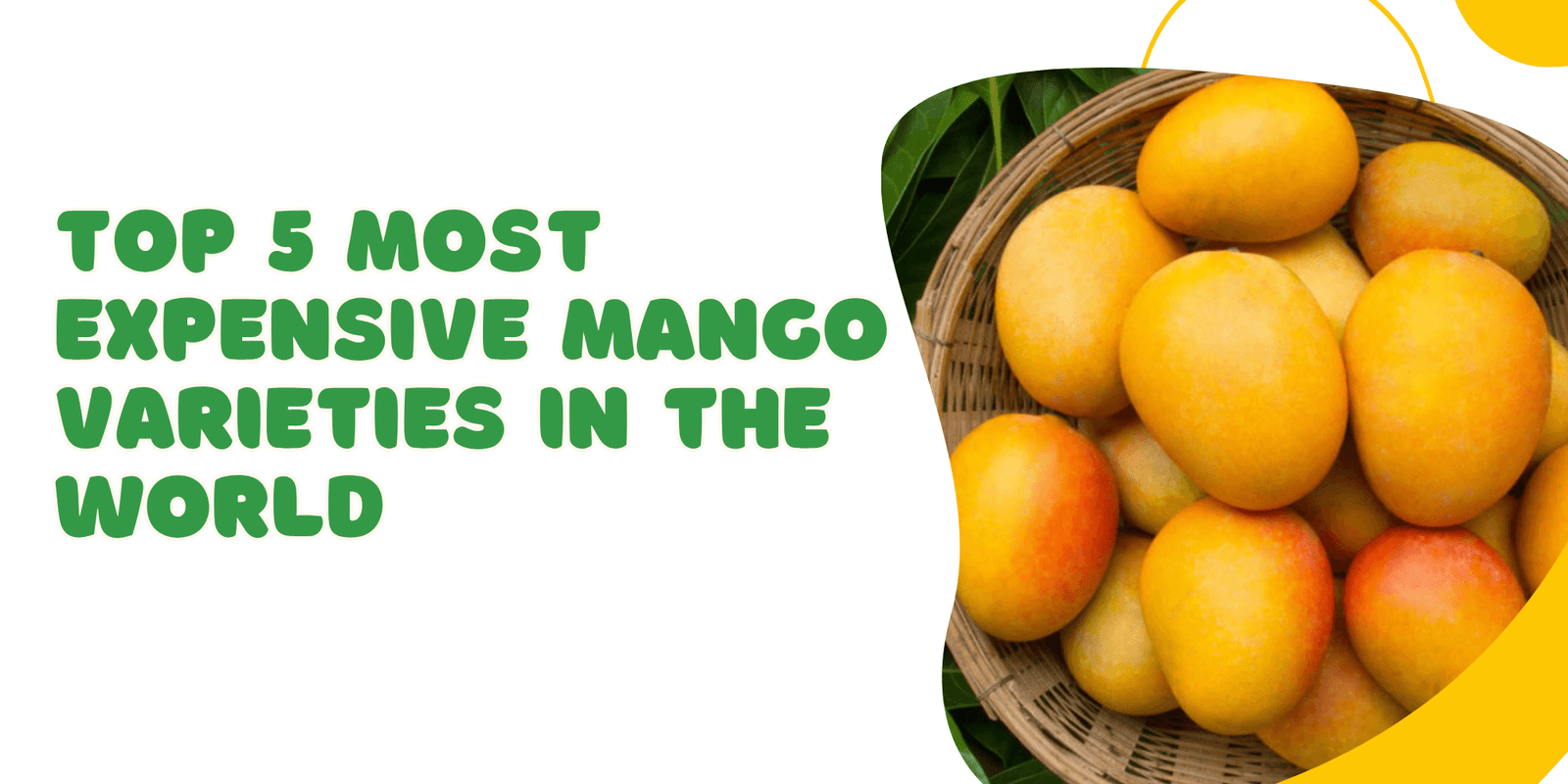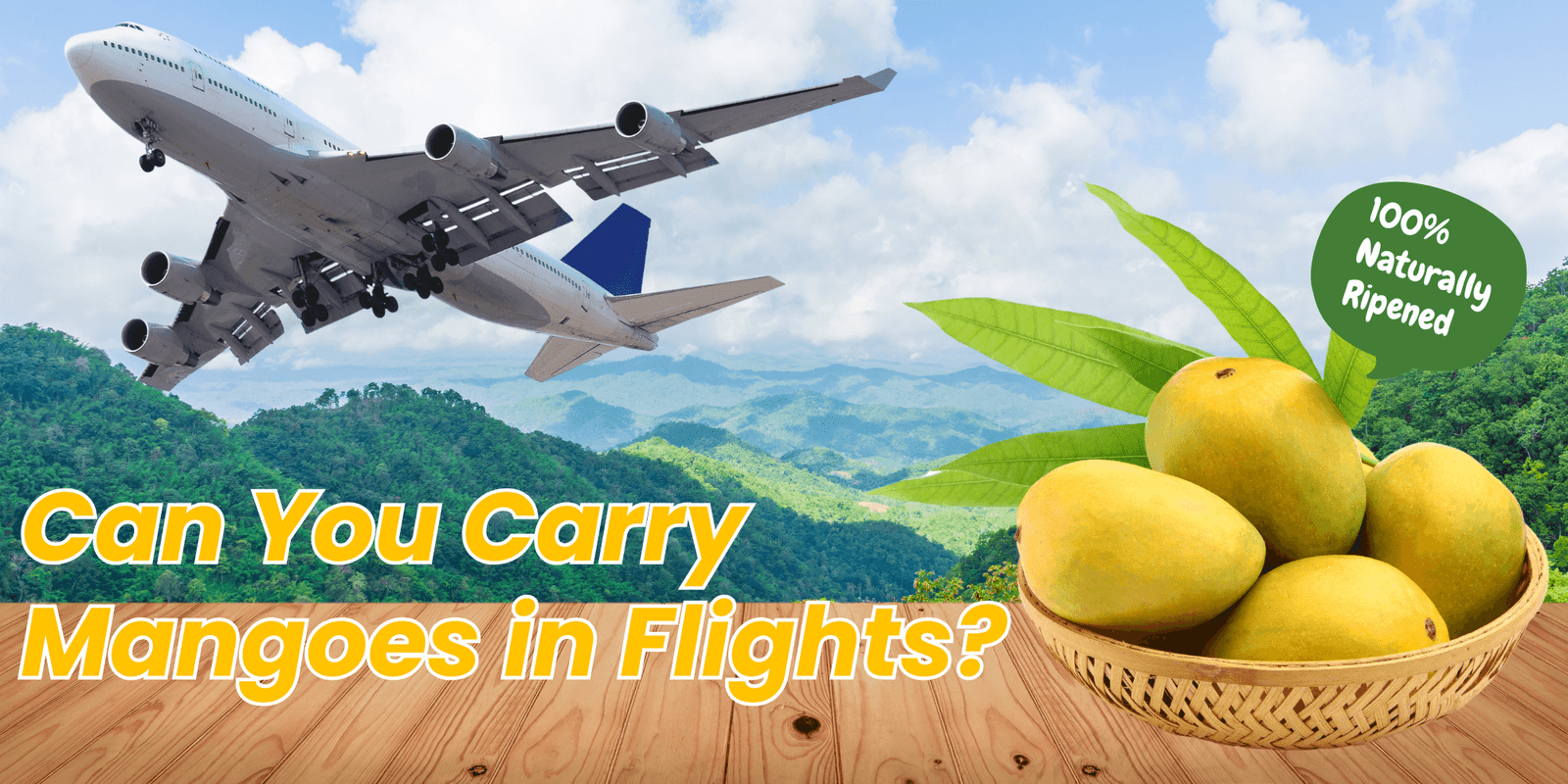Freeze‑Dried Alphonso: The Next Big Snack in India’s Healthy Munch Market
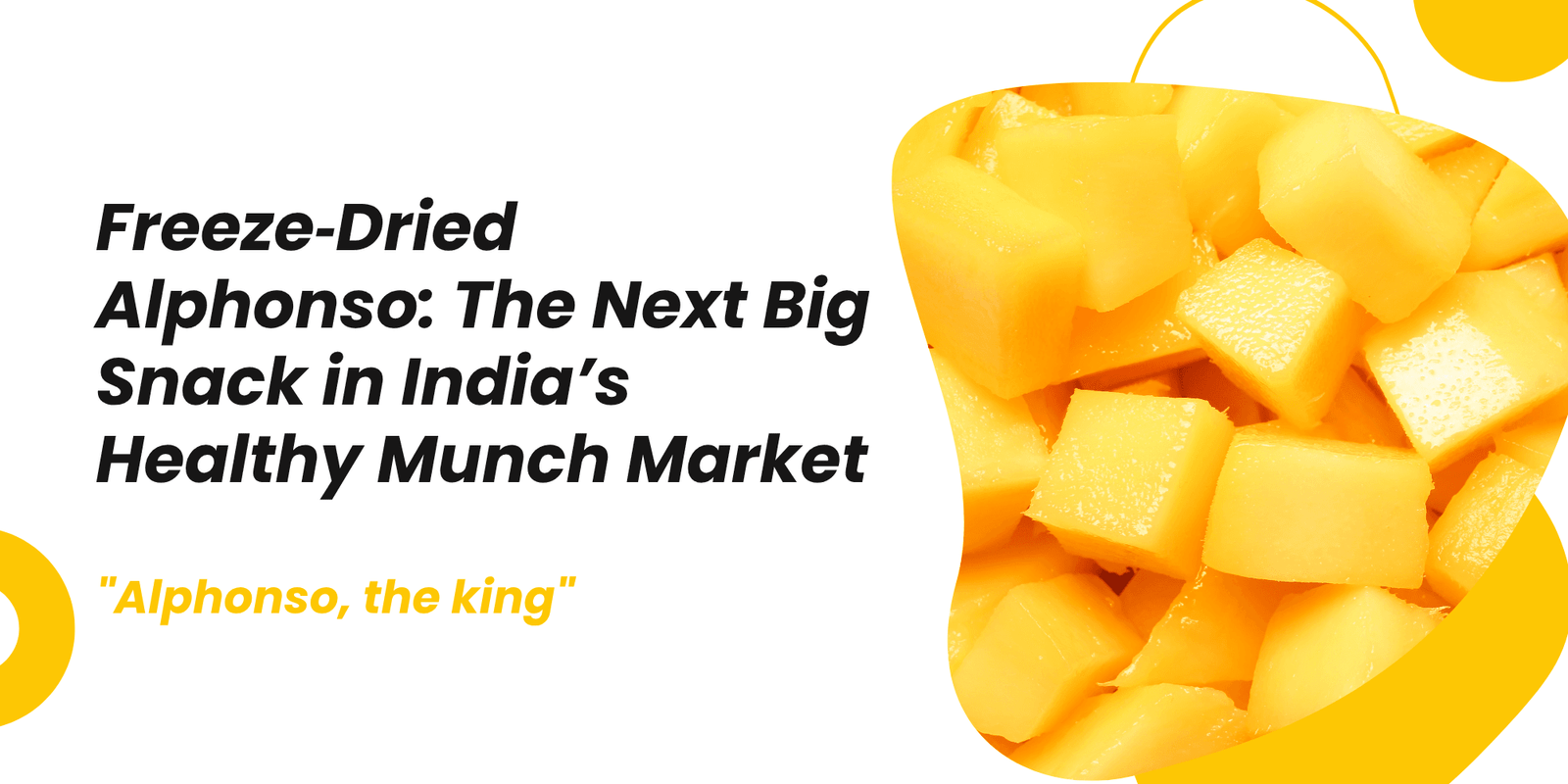
Alphonso mangoes already enjoy cult status as the king of fruit. Now a new twist—freeze‑dried Alphonso—promises to carry that royal flavor into lunch boxes, office desks, and gym bags all year long. With Indian consumers hunting for guilt‑free indulgences, this crunchy, naturally sweet snack is poised to disrupt the healthy‑munch segment. Here’s why.
What exactly is freeze‑dried Alphonso?
Freeze‑drying removes water from ripe mango slices at very low temperatures and under vacuum. Because the process skips high heat, it locks in:
- up to 95 % of the fruit’s vitamins and antioxidants
- original color, aroma, and natural sugars
- a feather‑light crunch that rehydrates instantly on the tongue
The result is shelf‑stable cubes or strips that taste like peak‑season Alphonso but weigh a fraction of fresh fruit.
Why Indian snackers are ready for it
- Clean labels
No added sugar, no oil, no preservatives—perfect for parents and fitness enthusiasts. - Portability
A 25‑gram pouch delivers the flavor of one full mango yet fits in a jeans pocket. - Calorie control
About 90 kcal per serving versus 250 kcal for many fried snacks. - Year‑round availability
Consumers can satisfy a Hapus craving even in December, eliminating seasonal FOMO.
Market trends that point to growth
- Nielsen data show India’s dried‑fruit snack category growing 18 % CAGR since 2022, led by urban millennials.
- Quick‑commerce apps report a 40 % jump in search queries for “freeze‑dried fruit” over the last year.
- Corporate wellness programs increasingly include low‑sugar fruit crisps in meeting‑room hampers.
How freeze‑dried Alphonso stacks up against other mango formats
| Attribute | Freeze‑dried Alphonso | Dehydrated (hot‑air) mango | Mango chips (fried) | Candy or toffee |
|---|---|---|---|---|
| Heat exposure | Very low | High | High | High |
| Vitamin retention | Excellent | Moderate | Poor | Poor |
| Added sugar | None | Sometimes | None | High |
| Shelf life | 12–18 months | 6–9 months | 4–6 months | 9–12 months |
| Crunch factor | Light, airy | Chewy | Crisp but oily | Sticky |
Opportunities for farmers and brands
Freeze‑drying adds value to second‑grade fruit (small size, cosmetic blemish) that might fetch lower prices when sold fresh. By channeling these mangoes into premium pouches, orchard collectives gain extra revenue and reduce waste. Brands, meanwhile, can:
- highlight GI‑tagged Alphonso origin for authenticity
- experiment with flavored dustings such as chilli‑lime or dark‑cocoa for diversified SKUs
- bundle mini packs with flavored cashews for a complete healthy‑snack gift box
Storage and usage tips for home consumers
- Keep sealed pouches in a cool, dry cupboard. After opening, reseal tightly to preserve crunch.
- Sprinkle over muesli, smoothie bowls, or yogurt for natural sweetness.
- Blend into powder and fold into pancake batter for instant mango flavor.
- Rehydrate in room‑temperature water for 30 seconds if you prefer a soft texture.
Ratnagiri Hapus Store: exploring the freeze‑dried frontier
We have begun pilot batches of freeze‑dried Alphonso slices sourced from naturally ripened fruit. Every pouch carries full traceability back to our partner farms, and no sugar or sulphites are added—ever. Sign up for our newsletter to get early‑bird access when this limited‑edition snack launches later this year.
Final bite
Freeze‑dried Alphonso offers the best of both worlds: the luxurious taste of Ratnagiri and Devgad mangoes plus the convenience modern snackers demand. As India’s healthy‑munch market races ahead, expect this light yet nutrient‑dense treat to become a pantry staple. If you’re ready to taste the future, keep an eye on Ratnagiri Hapus Store—your one‑stop destination for authentic Alphonso in every form.


